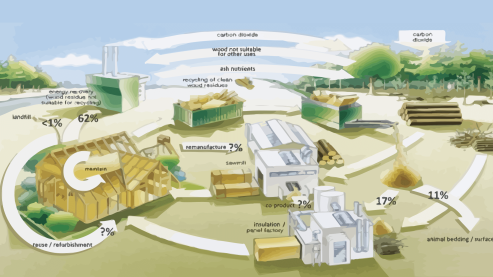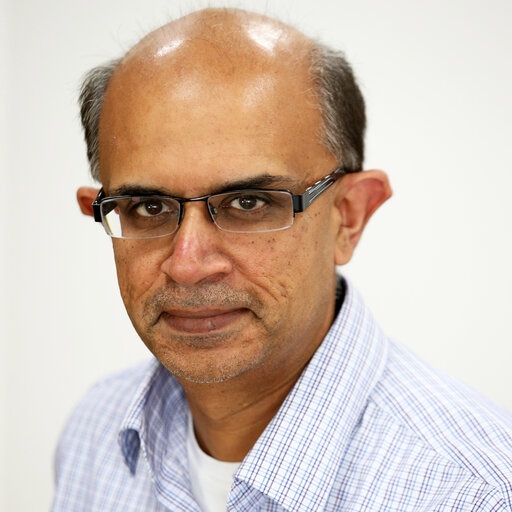
EPSRC Sustainable Digital Society
Scalable Circular Supply Chain for the Built Environment
(2021-2024)
Blockchain
Material Passports
Supply Chain
Circular Economy
Digital Platforms
Internet of Things (IoT)
Infrastructure / Systems (IS)
Sustainability (SU)
Human Computer Interaction (HCI)
Project Overview
Investigates IoT and data-driven approaches to enable circular supply chains in construction, helping the built environment meet net-zero goals.
This project demonstrates how one of the largest industries in the UK can utilise a digital platform to harness the benefits of a sustainable circular supply chain. The Architecture, Engineering, and Construction (AEC) sector employs over 2 million people in the UK but generates more waste than all other industries combined due to lack of material usage tracking.
The research focuses on building a blockchain-based digital platform with material passports to enable circular economy practices. Key outcomes include:
- A multi-layered blockchain platform balancing local autonomy with provenance tracking
- A material and service passport concept for assessing circularity potential
- An industry-developed roadmap for circular supply chain incentives
Team

Charith Perera

Omer Rana
Funding
Partners

SERO
UK zero carbon homebuilder focused on sustainable housing construction.

ARUP
Global engineering and architecture consultancy specialising in sustainable design.

DXC Technology
Technology company providing IT services and digital transformation solutions.

HS2 Limited
High-speed rail network development company building next-generation infrastructure.

DigitalDisruption@BREI
Built Environment Research and Innovation initiative focused on digital transformation.

Resilience Partners Limited (RPL)
Consultancy specialising in organisational resilience and risk management.
